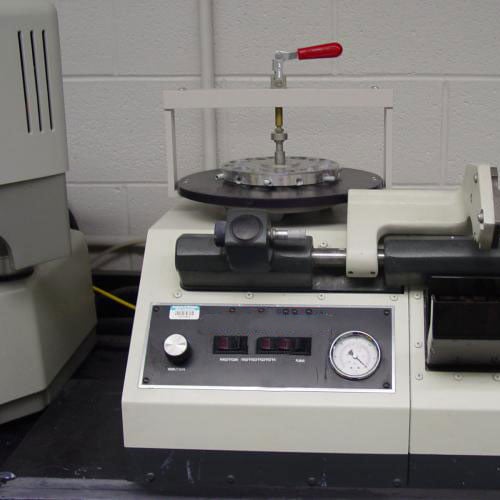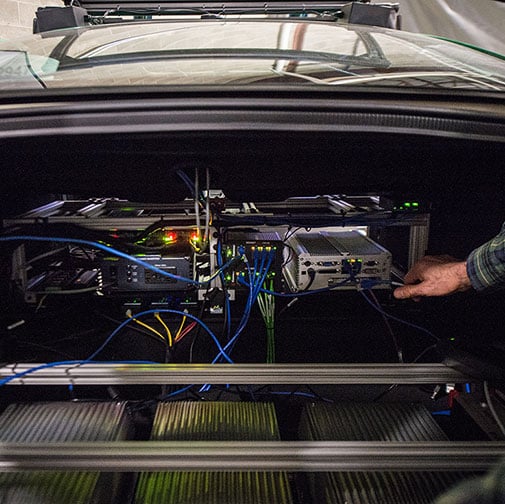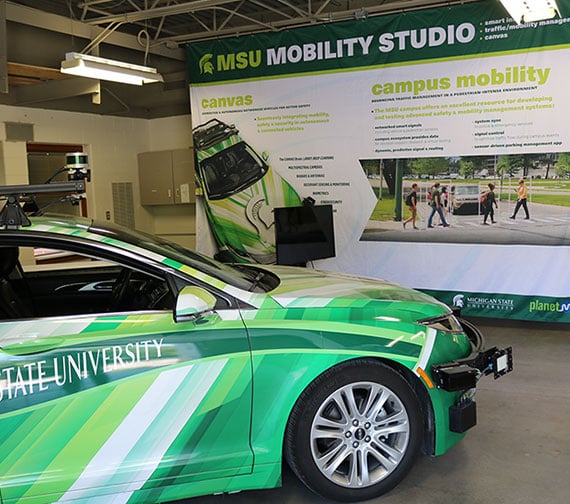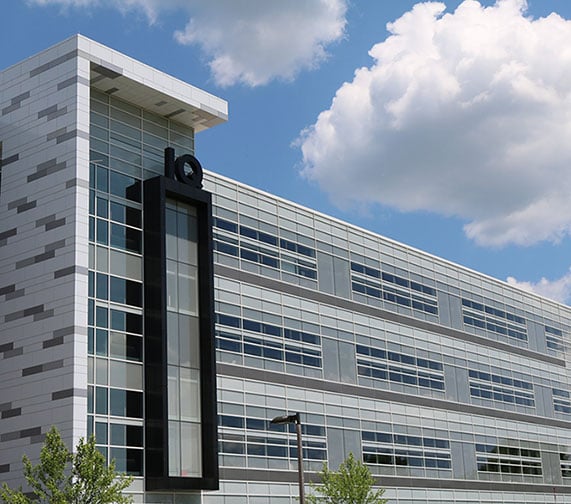
Composite Materials and Structures Center
Composite materials are a new class of materials that combine two or more separate components into a form suitable for structural applications. While each component retains its identity, the new composite material displays macroscopic properties superior to its parent constituents, particularly in terms of mechanical properties and economic value.

Composite Vehicle Research Center
The Composite Vehicle Research Center focuses on the design and testing of composite structures for light-weight, environment-friendly, durable and safe vehicles. The thrust areas are: advanced design of composite shells and structures for vehicles; development of novel experimental mechanics methods and smart sensing systems for analysis, non-destructive evaluation and structural health monitoring; and integration of simulation and experimental mechanics in design protocols for vehicles.

Connected and Autonomous Networked Vehicles for Active Safety (CANVAS)
CANVAS research is concentrated on traditional radars, laser radars (lidars), computer software, and development of artificial intelligence algorithms that allow a vehicle to maneuver in its environment and creating a clear picture of the interwoven systems affecting vehicles, their passengers, and the entire transportation system.

Fraunhofer USA Center Midwest (CMW)
Since 2003, CMW has operated in tandem with Michigan State University on applied research and development initiatives across CMW’s core competences, on both government- and industry-sponsored projects.

Great Lakes Bio Energy Research Center (GLBRC)
The Great Lakes Bioenergy Research Center (GLBRC) is a U.S. Department of Energy-funded Bioenergy Research Center led by the University of Wisconsin–Madison. With Michigan State University and other partners, we are developing sustainable biofuels and bioproducts made from dedicated energy crops grown on marginal lands. Our mission is simple: creating biofuels and bioproducts that are economically viable and environmentally sustainable.

Institute for Quantitative Health Science & Engineering (IQ)
MSU IQ — the Institute for Quantitative Health Science & Engineering — is dedicated to basic and applied research at the intersection of engineering, human medicine, and natural science. We’ve recruited faculty from some of the top academic centers around the world.

MSU Industrial Training and Assessment Center (ITAC)
MSU’s Industrial Training and Assessment Center (ITAC) helps small and medium sized US manufacturers and commercial buildings save energy, improve productivity, and reduce waste by providing no-cost technical assessments conducted by a team of students and faculty.

MSU Mobility
MSU Mobility drives the future of mobility. From creating technologies and improving systems for moving people and goods more safely, efficiently and sustainably across all transportation sectors and modalities throughout the world, to advancing research and transportation science, developing tomorrow’s mobility sector talent, offering a world-class mobility proving grounds, and providing thought leadership in public policy and sociomobility, MSU Mobility does it all.

MSU Space Electronics Initiative
The MSU Space Electronics Initiative is a multidisciplinary industry-based research center in the College of Engineering at Michigan State University with a focus on design and testing of electronic devices, circuits, and systems for space applications.

National Center for Pavement Preservation (NCPP)
The National Center for Pavement Preservation (NCPP) was established by Michigan State University and FP2, Inc. to lead collaborative efforts among government, industry, and academia in the advancement of pavement preservation by advancing and improving pavement preservation practices through education, research and outreach.






